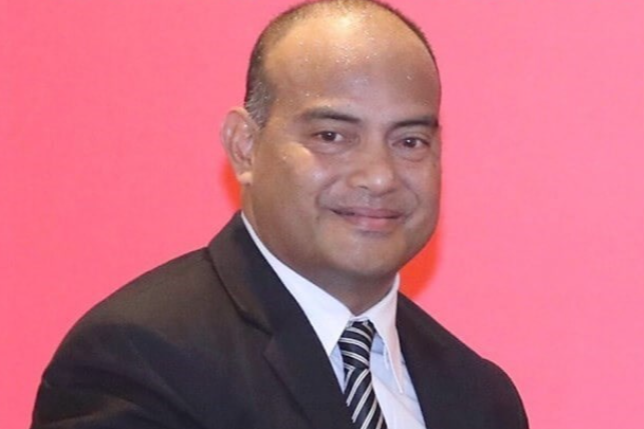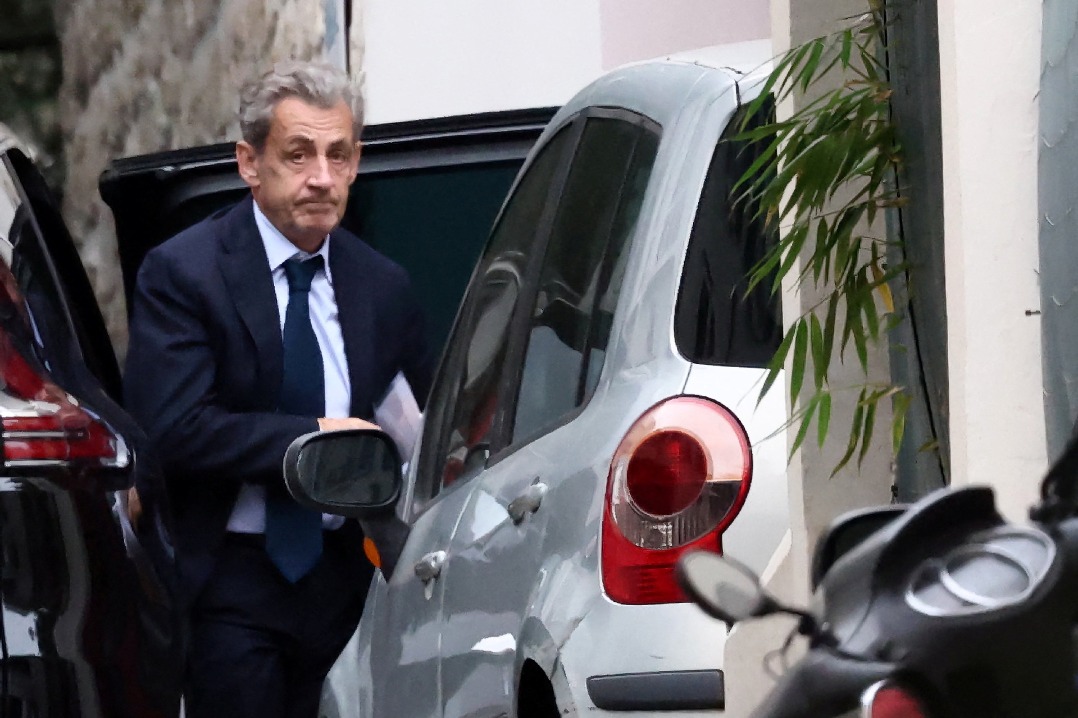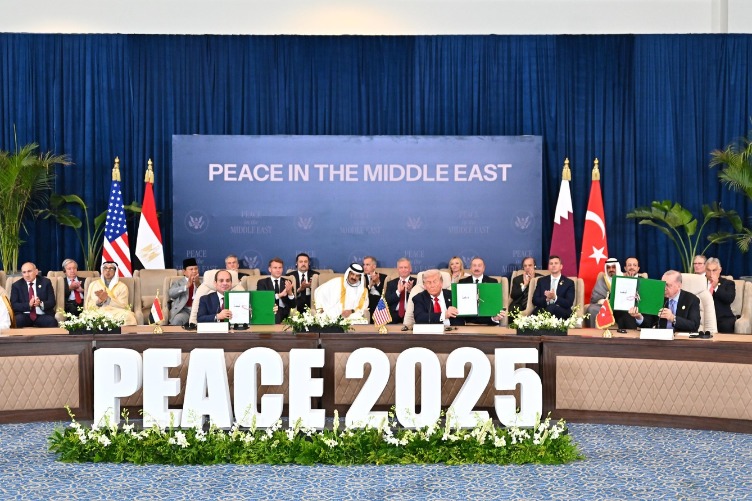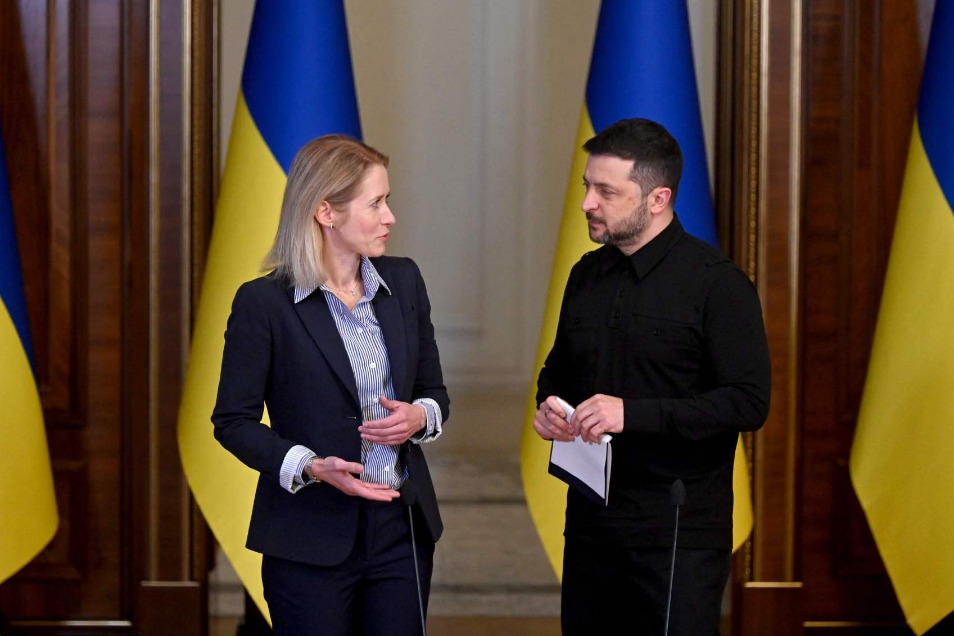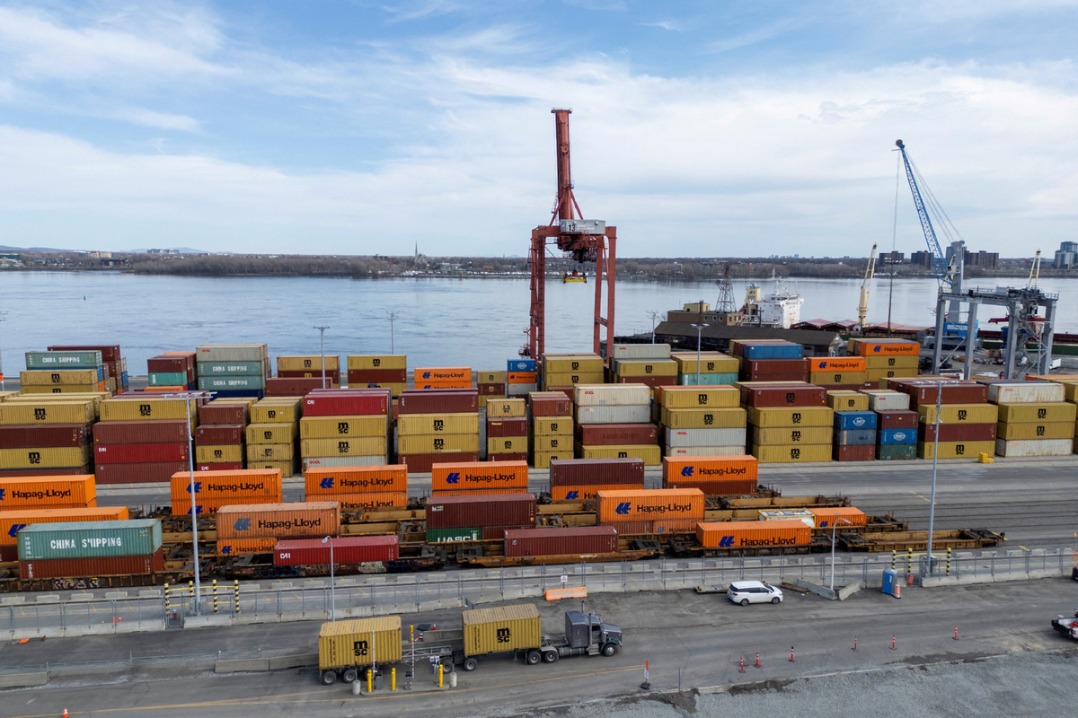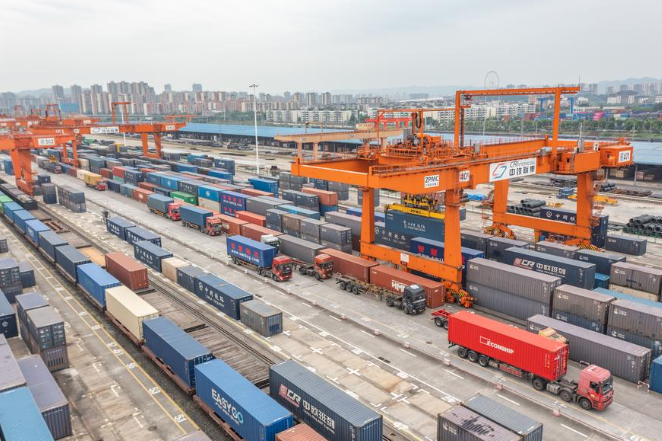UN urges decisive action as South Sudan crisis deepens

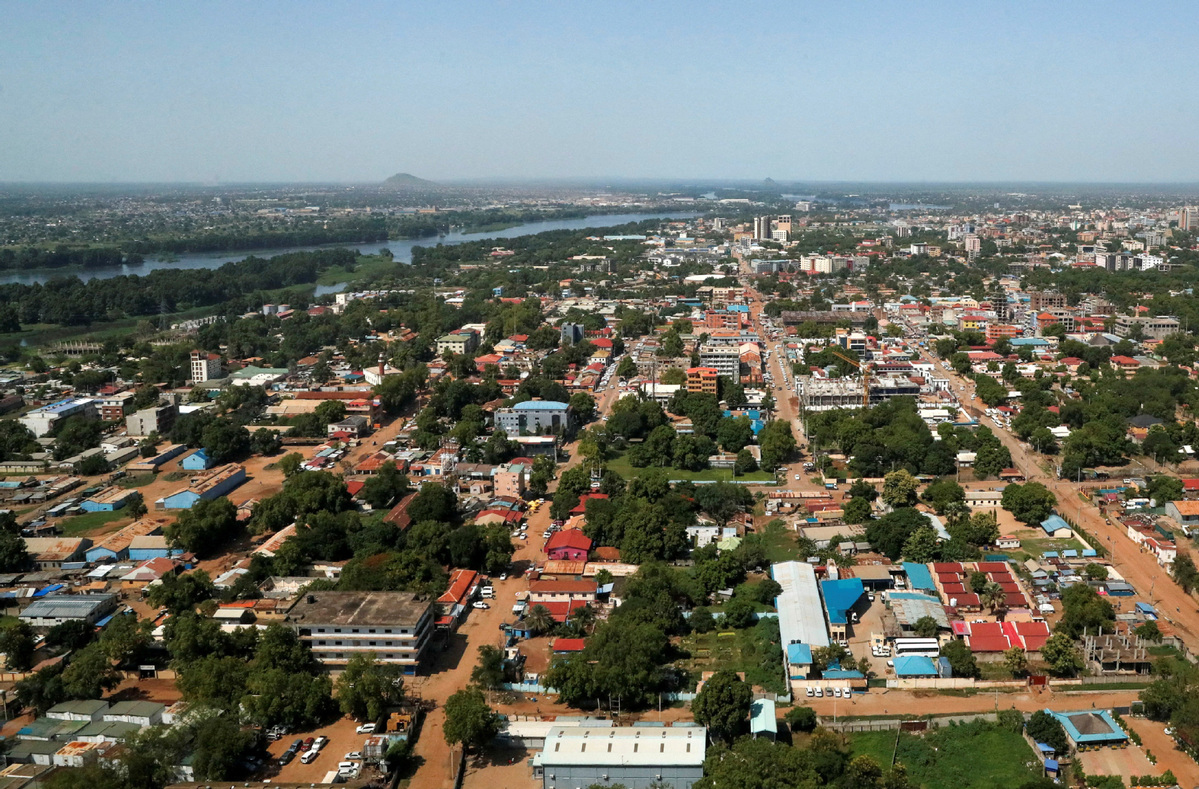
The United Nations Commission on Human Rights has urged decisive action to address South Sudan's worsening crisis, calling for renewed commitment to peace, accountability, and a credible political transition.
Despite nearly a decade of regional efforts, South Sudan faces an escalating political and humanitarian crisis. The breakdown of dialogue and growing instability has reignited armed conflict on a scale not seen since the 2017 cessation of hostilities agreement.
Civilians continue to bear the brunt of violence, with widespread human rights violations, mass displacements, and worsening humanitarian conditions.
The commission warns that without urgent intervention, the situation could further destabilize the wider region.
"The ongoing political crisis, increasing fighting, and unchecked, systemic corruption are all symptoms of the failure of leadership and consensus in implementing the commitments of the peace agreement and political transition," said Commissioner Barney Afako.
"Unless there is immediate, sustained and coordinated political engagement by the region, South Sudan risks sliding back into full-scale conflict with unimaginable human rights consequences for its people and the wider region. South Sudanese are looking to the African Union and the region to rescue them from a preventable fate."
Over 10 years since the conflict began in December 2013, victims still await justice and reparations. Despite repeated AU Peace and Security Council calls in March and June for progress on establishing a Hybrid court, no tangible progress has been made.
In 2025 alone, an estimated 300,000 South Sudanese fled the country, amid rising conflict - including 148,000 to Sudan, 50,000 to Ethiopia and 50,000 to Uganda.
The country also hosts 2 million internally displaced people and shelters 560,000 refugees fleeing from the war in Sudan.
Carlos Castresana Fernández, the UN commissioner for human rights in South Sudan, said the country cannot rebuild without stability and justice.
"Credible and independent mechanisms for justice and accountability are needed to deter the repeated cycles of atrocities, break cycles of impunity and heal the wounds of war. The AU and regional partners must act now - not only to prevent another war, but to build the foundations of a just peace, based on the rule of law," he said.
















